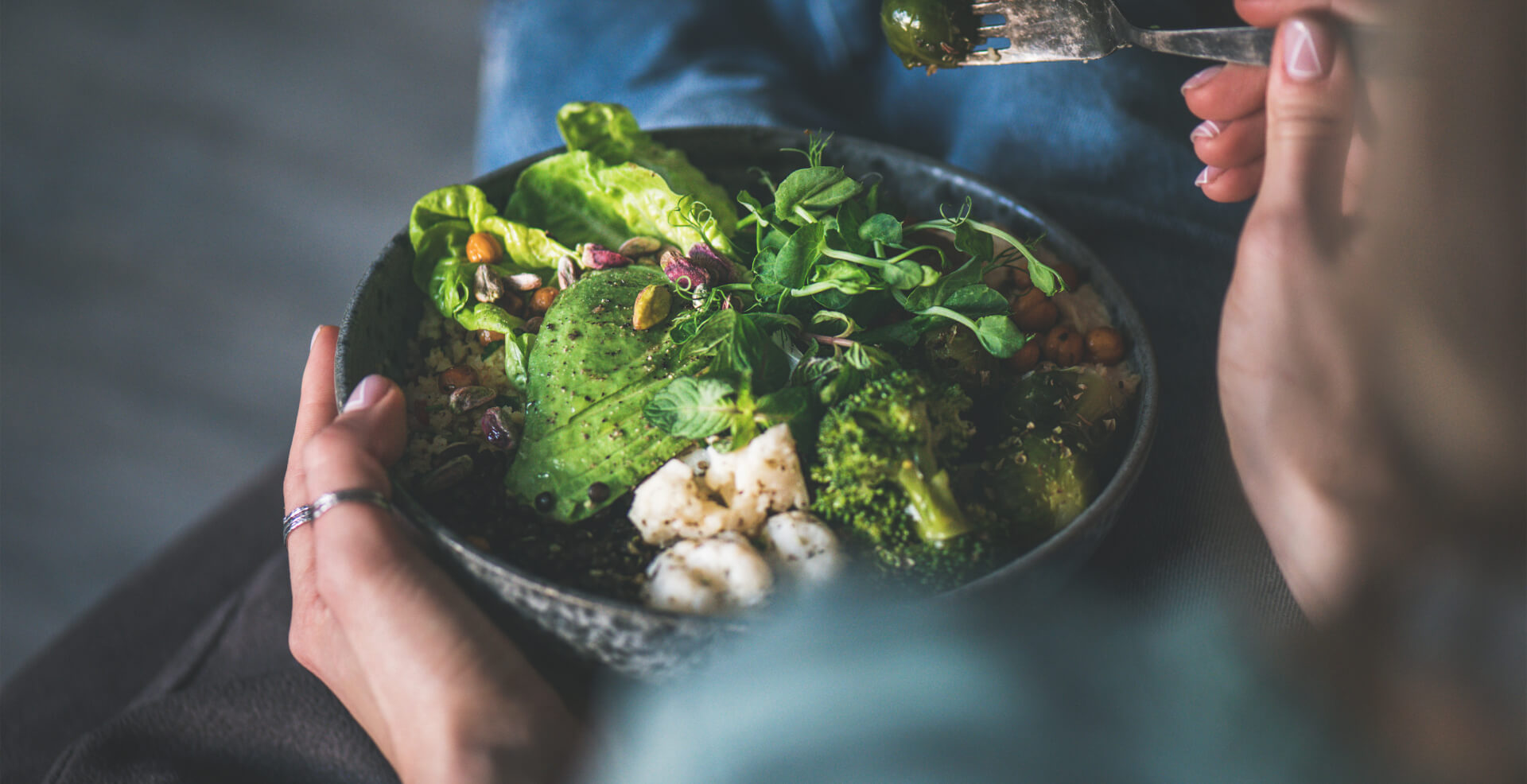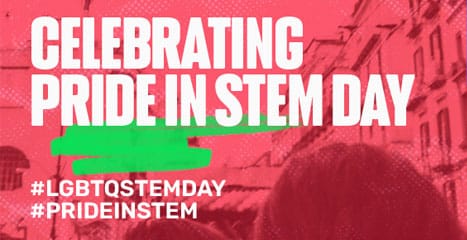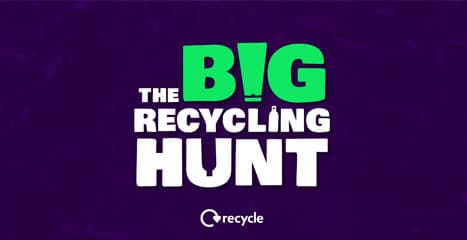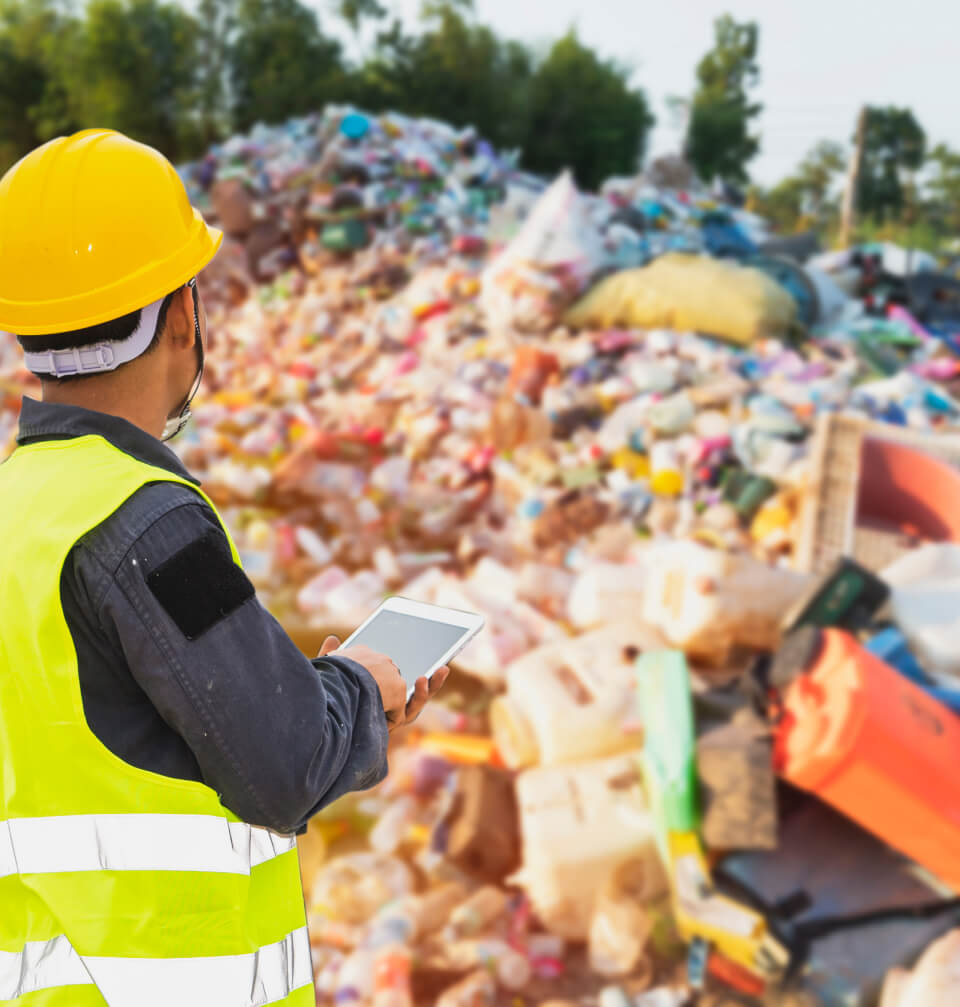The Big Plastic Findings
The Big Plastic Count, organised by Greenpeace and Everyday Plastic, ran throughout a week in May 2022. It’s results are eye-opening!
“Over one week in May, nearly a quarter of a million people (248,957) from 97,948 UK households counted 6,437,813 pieces of plastic packaging waste. On average, each household threw away 66 pieces of plastic packaging in one week, amounting to an estimated 3,432 pieces a year.” – Big Plastic Count Research Data
Key findings:
- On average, each household threw away 66 pieces of plastic packaging in one week, which amounts to an estimated 3,432 pieces a year.
- The most commonly counted items were fruit and vegetable packaging (1.02 million pieces), closely followed by snack bags, packets and wrappers (1.01 million pieces).
- Only 12% of this plastic waste is likely to be recycled at reprocessing facilities in the UK. More of the UK’s plastic waste (17%) is being shipped overseas than being recycled at home.
Plastic waste is damaging to the planet in a number of ways. It can disrupt the food chain, due to animals eating the plastics, and it can be dangerous for human health by getting into our food supply. It also causes groundwater pollution, affecting our water supply, as well as land and air pollution.
What can we do to limit our plastic waste?
Carry reusable cups or bottles
A small change such as keeping a reusable cup or bottle on you at all times can help to make a difference. Did you know, less than 1% of coffee cups can be recycled, meaning most of them end up in landfill? Alongside that, plastic bottles are one of the most common sources of plastic pollution.
As an extra incentive, many coffee places will offer a discount when you use your own cup – saving money whilst helping to save the planet!
Carry a shopping bag
It can be difficult to remember to pick up bags when you’re going shopping, but if you keep a stash of bags in your car ready for those bigger food shopping trips, you’ll always be prepared. Forget to take them into the shop? Take your trolley to the car and pack there instead.
Likewise, keep a small fold up tote bag within your everyday bag, and you’ll always have something for those unexpected purchases whilst you’re out and about.
Avoid plastic cutlery
In a similar vein, if you tend to eat out regularly on your lunch breaks, carrying your own reusable cutlery helps to cut down on plastic waste that would otherwise build up each week. This change is as easy as keeping a spare set in your handbag, your work bag, in your car or in your office/school.
Ditch plastic straws where possible
This is an easy fix – if you don’t need one, don’t use one. There are also reusable options that you can keep hold of – maybe with your reusable cutlery set!
There are limits to this, however. Plastic straws can be a necessity for accessibility, and reusable alternatives are not always appropriate, or affordable. For example, flexibility of a straw can be a key requirement for some, and plastic or glass alternatives do not offer this.
Whilst reducing plastic pollution is important, it is also important to stay mindful of accessibility.
Look for alternative plastic free products
Soap bars instead of liquid soap bottles, shampoo and conditioner bars instead of bottles, use beeswax paper instead of clingfilm – these are small household changes that you can make within your everyday lives. More and more shops and supermarkets are starting to stock more sustainable products to make them more affordable and accessible.
Sources:




